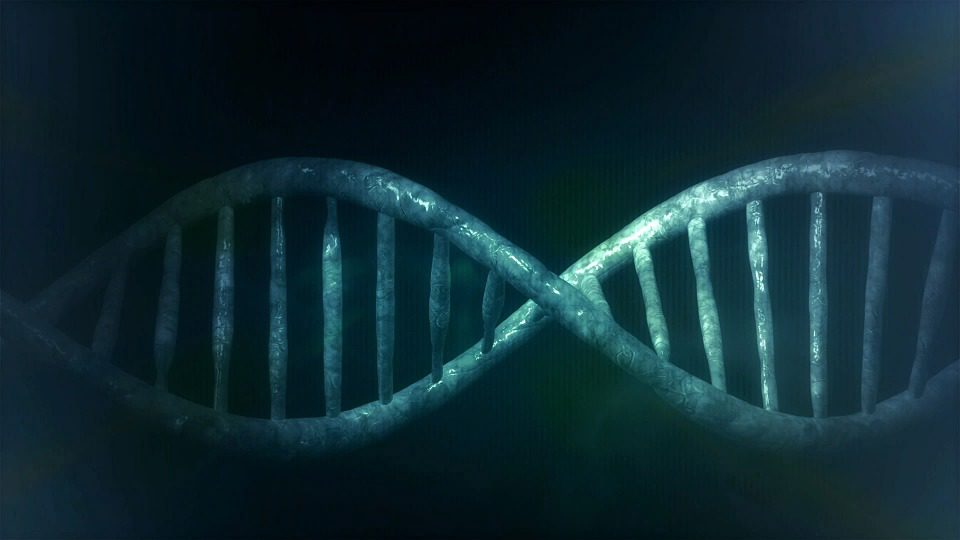Scientist and writer Matthew Cobb specializes in insect genetics as well as science history. Three potential uses for CRISPR have caused him concern since its discovery and application to genetic remodeling. His concerns were voiced in the latest book As Gods: A Moral History of the Genetic Age.
The introduction of new, potentially harmful mutations into the human genome is his primary concern. In 2018, He Jianqui in China did this to three human female embryos; the resulting daughters, who are now about four years old, will pass on the manufactured mutations to their children (assuming they are allowed to have any). Because of the need to safeguard their anonymity, we can only assume that the girls are being closely watched medically and that they have already been subjected to a barrage of examinations from every imaginable medical expert.
Another area of concern involves the practice of doing gain-of-function experiments to generate more infectious or pathogenic viruses in the lab. In a perfect world, the results of these studies would allow us to be better prepared for the inevitable occurrence of a naturally lethal virus. Gain-of-function studies on the H5N1 flu strain, financed by the National Institutes of Health in 2011, increased the virus’s transmissibility, prompting a self-imposed research halt that culminated in stricter limitations. The potential for bioweapons development from such research is evident, and even in the absence of malicious intent, leaks are feasible.
The application of gene drives is another issue. These enable the transmission of a gene from parent to child by duplicating it from one chromosome to the other in a pair. The gene drive will ensure the annihilation of the population carrying that gene if it causes infertility. Though gene drives have been studied and tested in the lab as a potential solution to the problem of malaria-carrying mosquitoes, they have not yet been introduced into the wild.
Getting rid of malaria appears to be a no-brainer, but nobody knows for sure what would occur to an ecosystem if all the mosquitoes that spread the disease were suddenly exterminated. Some local languages lack a name for “gene,” which makes it difficult to obtain informed consent from the local population before adopting this technology.












Leave a Reply